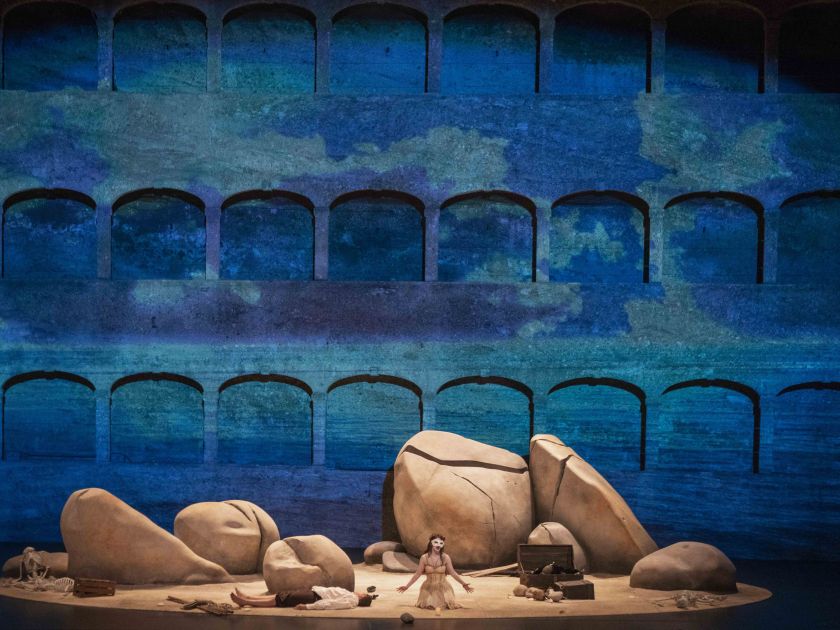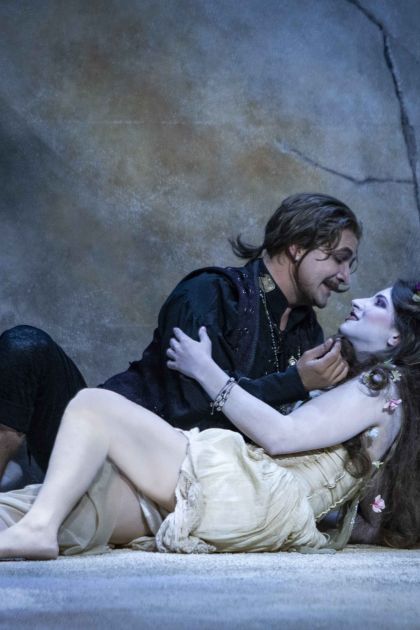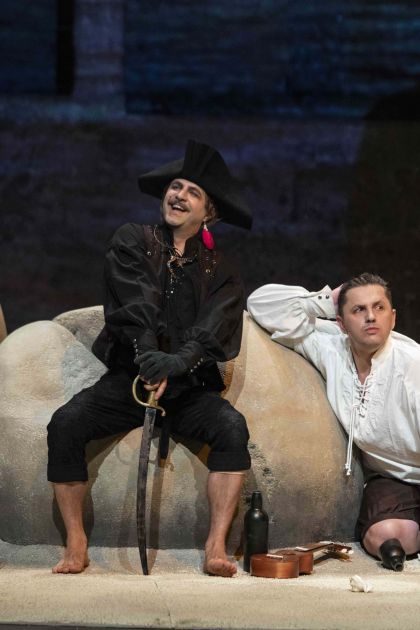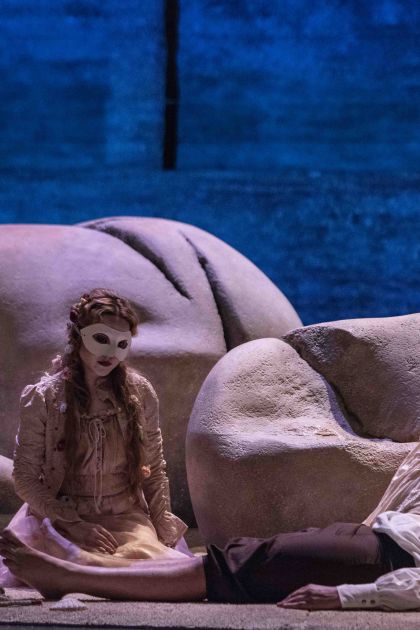He was Farinelli’s teacher and a rival to Handel and Hasse. As one of the most dazzling figures in the firmament of Baroque music, Nicola Porpora was a crucial driver in the development of opera during the first half of the 18th century. He was active in Italy (predominantly in his hometown of Naples) as well as London, Dresden and Vienna, not always acting with great decorum towards his fellow composers, but invariably bent on advancing simple beauty in musical form. He had an expert understanding of the singing voice, in terms of both its training and how to use it effectively. In early 1735, he wrote an opera seria for the Opera of the Nobility, which had been set up in the British capital expressly as a rival company to Handel’s operatic empire. The resulting work, Polifemo, was premiered with the famous castrato Farinelli in the role of Aci. Paolo Rolli’s libretto is based on two well-known Greek myths, each connected to the Cyclops Polyphemus: the story of the nymph Galatea and the shepherd Acis, as well as the encounter with Odysseus, which pans out rather unfavourably for the one-eyed giant. Porpora created music of great expressive power and virtuosity for this colourful assortment of scenes, which made a distinct impact on audiences of the time.





